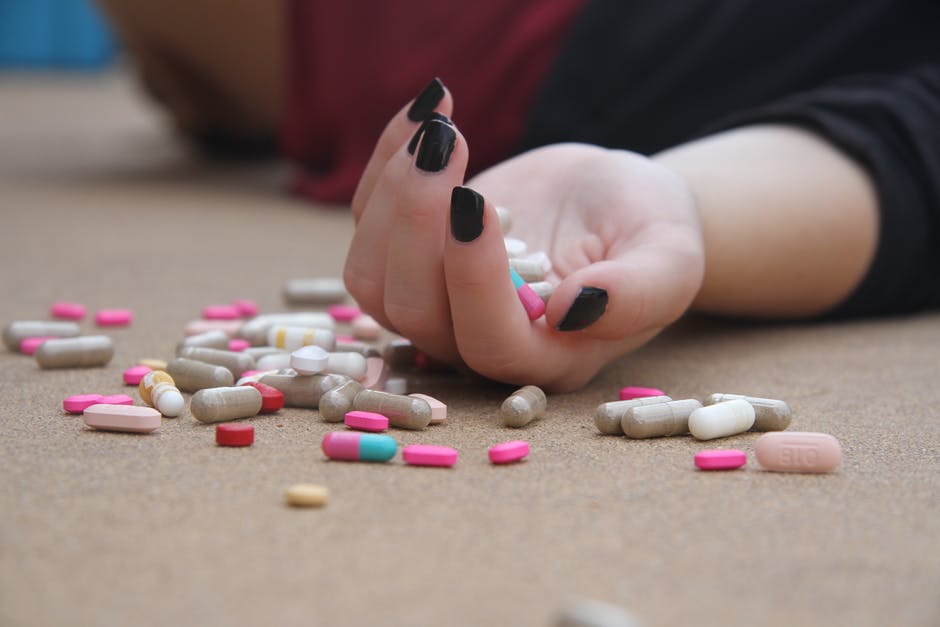Loving someone with a substance problem is hard, but knowing how to help an addict is just as difficult.
There are a lot of ways that the “nice” thing can end up harming your loved one if you’re not careful.
It’s not a simple process or an easy one, but if your loved one has succumbed to substance dependence you’ll need to tread lightly while remaining supportive.
If you’re wondering just how to get through this trying time, you’re in the right place. Read on and we’ll show you some great, and safe, ways that you can help the addict close to you.
1. Attend Al-anon or Narc-anon Meetings
You’re not alone, and being able to help your loved one isn’t an easy process.
One of the first things you should do is attend at least a couple of Al-anon or Narc-anon meetings. You can easily find a directory online and this will put you in touch with people in the same boat.
Even as your loved one recovers it’s a good idea to attend occasionally. These groups exist as support for those who have addicts in their lives and being able to draw upon the experience of a large group of people can be reassuring.
2. Support Their Recovery Milestones
Milestones in recovery are important to those who are in regular attendance at Twelve Step groups. And not just to them, either, the truth is that many people could care less about the actual date but will step up when called upon just to show others recovery is possible.
You certainly don’t need to hold their hand through regular meeting attendance, but you should learn the basics of the culture and possibly come with them when they attain big milestones.
That brightly colored chip means a lot to a recovering addict. For annual milestones, you can even purchase a special coin for them. If that sounds appealing, you can learn more about what’s available.
3. Get Educated
For those who aren’t addicts the irrational behavior patterns and seeming hopelessness of the situation can be frightening. Fortunately, addiction is well-studied in the modern world and you can learn a lot about it.
You don’t need to become an expert, but understanding the basics will help you relate to your loved one and allow you to see where they’re coming from.
Addiction is often regarded as a disease, one which affects the whole family. Understanding the symptoms and signs is a great step towards being an effective part of your loved one’s support group.
4. Get Yourself Help
While not true in all cases, codependency of loved ones is common in addiction. For those who are in an intimate relationship with an addict, you may also be in need of a little bit of a helping hand.
Learn about the signs of codependency and see if you fit the bill. If you do, and you’re willing to work on the relationship, one of the best things you can do for the addict is to seek help for yourself.
In addition to showing your loved one that you understand your part, you’ll also learn how to avoid dangerous, enabling behavior and re-establish boundaries that have likely eroded over the course of their addiction.
5. Remain Compassionate
Addicts often generate a ton of chaos in our lives. When someone does finally make some headway in beating their addiction, it’s tempting to remember the past and all of the theft, lies, manipulation, and other toxic behavior that addicts engage in.
For many addicts, the cycle continues as the shame and guilt over the actions they’ve taken leads to more and more drug abuse.
Chances are that they know what they’ve done and why it was wrong. Early recovery is the time to show as much compassion towards the addict as possible.
The issues of the past can be addressed later if necessary, for now, you should remain supportive and be an open ear for them.
6. Don’t Enable Them
Enabling is a part of the codependent relationship that many addicts have with their family and friends.
It doesn’t have to be buying them drugs or alcohol or handing them money for “gas” as many people think. Instead, any action which protects an addict from the consequences of their behavior can be considered enabling.
You should take careful stock of what your intentions are whenever you help an addict, recovering or active, with more than just emotional support. Deception is a large part of addiction but many of us already know where that money is going or why we’ve given someone a ride… we just don’t want to believe it.
It can be considered “tough love” but it’s an important boundary to draw. You can love the addict and still hate the disease after all.
7. Prepare for Relapse
Few people get recovery right on their first attempt. Or the second. Or the third.
The truth is that many addicts, even those active in the recovery community, will struggle for the rest of their lives. Trust us, when someone relapses after a significant period of time in recovery… they already feel the shame and guilt of failure.
While someone actively using should be treated with caution, for the majority of addicts there is a relapse in the future. If you prepare for it, but don’t expect it, you’ll be able to help your loved one through the agony if the worst happens.
How to Help an Addict? It’s a Tricky Road
The person in recovery isn’t the only person who’s going to be on a whole different learning curve. Chances are, depending on how close you are to your addicted loved one, that both of you are in for a journey.
You’ve already made the right first step in asking yourself how to help an addict. From here every situation becomes divergent, but providing them with support increases their chances of long term success.
If you’re still on the fence about whether or not your loved one should be seeking help, try this article which outlines signs and behaviors that indicate there’s a serious problem.



